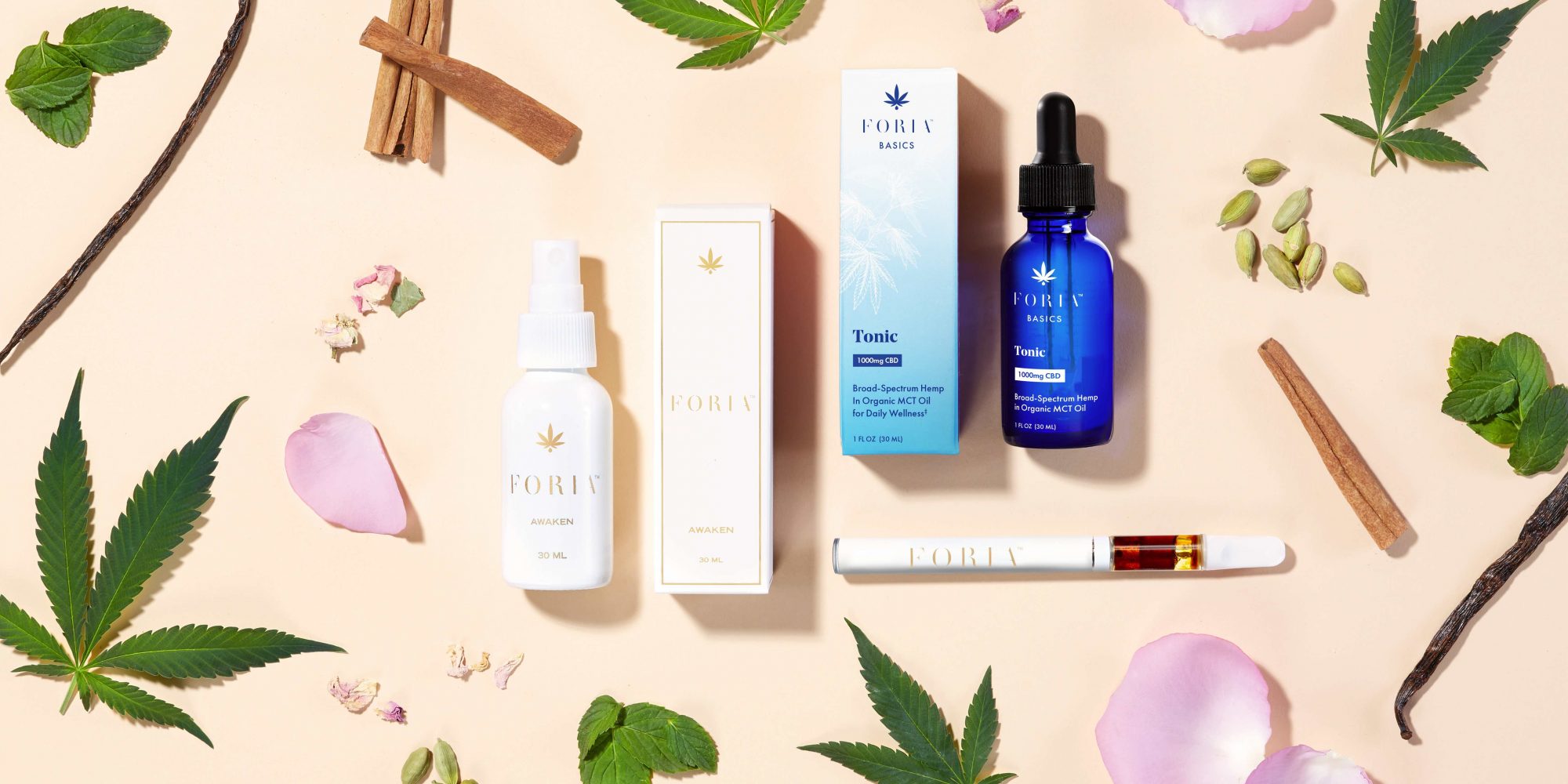
Why Cannabis Intimacy And Wellness Products Brand Foria Turned Away Wannabe Acquirers
Foria was a real cannabis segment rarity when it launched six years ago because it wasn’t getting people high. The brand started with a THC lubricant called Pleasure, which quickly went viral as the press caught wind of the world’s first weed lube. The virality, though, couldn’t break down legal barriers, and Foria suffered from distribution limitations due to restrictions on selling THC. The arrival of Foria’s CBD arousal product Awaken two years ago, and the 2018 Farm Bill federally legalizing the hemp trade widened its reach. Meanwhile, the brand’s been spreading beyond the bedroom with solutions for menstrual cramps, anxiety and more.
Although Foria could easily pile on products and sell to a buyer hungry to cash in on the green rush, founder Mathew Gerson feels a sense of responsibility to the people benefiting from its formulas and cannabis generally. “Too many people’s lives have been absolutely destroyed from their use of the plant, and it’s unacceptable for us to turn it into a money-making commodity, and that’s it,” he says. “If everyone is just going to have a water-soluble isolate in a plastic bottle that Gatorade owns, we have all lost out collectively.” Beauty Independent chatted with him and Foria director of education Kiana Reeves about the brand’s rejection of wannabe acquirers, sales growth, assortment expansion, pricing, future fundraising, and where the cannabis consumer products market is headed.
How did Foria start?
Gerson: We started the brand around six years ago. No one had introduced a product specifically speaking to the needs of women, which was surprising because the historical record speaks to many benefits of cannabis for women. What led me to Foria was I had started a company called Sir Richard’s in the contraceptive space. The closest analog is a Toms Shoes for condoms. It had an important social mission around global health inequity. It was an attempt to address the unmet need for free contraceptives where they weren’t available for people or, if they were available, they weren’t in the right language. We launched a brand in Haiti called Kore, which means come together. It’s a street greeting. That was driven by my friend Marc Batiste, who is a New York-based, Haitian-born photographer.
I moved the brand from Boulder to Venice Beach, which seemed like a good climate for a relaxed, sex-positive brand. I went out and talked to millennials about coming out sexually in the modern age. I was so enlightened by what they had to share with me about their experiences, and their attitudes about gender fluidity and sexual empowerment. They seemed to be working through the issues that previous issues didn’t work through, but there was still the old-fashioned orgasm gap: the disparity between the sexes for pleasure. That translated all the way up to pharmaceuticals. There were little research dollars going to address sexual challenges and dysfunction in women.
People ask me, “You are a guy. Why do you do this?” I didn’t choose to do this. The idea just came to me because of the work I was doing previously. I thought there must be tons of lubricants with cannabis in them because it was so obvious, but there wasn’t one. So, I realized there was an opportunity. We did R&D sessions in our community to test out the product, and what came back blew us away. People weren’t just experiencing a little bit of, “Oh, wow,” they were coming back to us with profound results. That was the inception of the brand, and we have kept our head between our legs ever since.
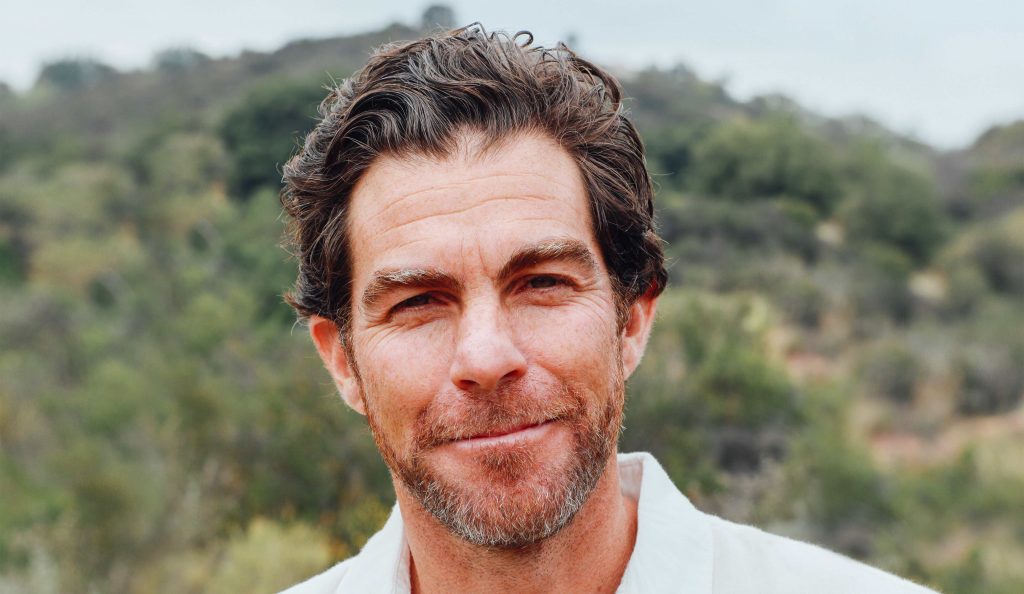
How did you launch the brand?
Gerson: Early on, we realized that there wasn’t a concentration of people really coming to dispensaries yet for sexual enhancement. People were coming for sleep, anxiety, pain and recreation, but this was so outside of the framing of why someone was going to a dispensary. We were really thoughtful about how we were going to present the brand. It was going to be about sex positivity and empowerment, and beyond what most people thought about cannabis. We were having a conversation all around the cannabis industry and not directly to it. It worked because the media frenzy was insane. With a weed lube on the market, the internet does what it does, and we got a lot of global attention. We have stayed in the place of educating and learning about what the plant is doing for our clients, and how we can translate that in the scientific community and with the general community.
What was the media frenzy like?
Gerson: The first third-party media review of the product was in Vice. The title—[“I Got My Pussy Stoned with Weed Lube”]—was fairly explosive, but she [writer Mish Way] did a really thorough review of the product and, ever since then, that’s how we have grown, which is to let people tell their own stories of their use of the product within the media and our customer base. We haven’t really had to advertise, which has served us. We’ve had other people singing our praises. GQ called it the sex product of the year, and that was helpful. At the time, it was the only product we had. It was a one-hit wonder in California.
How has your distribution strategy evolved?
Gerson: It’s very different now than it was six years ago. We had a lot of challenges educating the retail layer about important topics that we were talking about around sexuality, menopause, aging and sexual challenges. The dispensary environment was perhaps an inappropriate space to talk about those topics. They didn’t have the training that someone might have at a Good Vibrations or other places committed to sexual health. We had so much market demand, and we were having a hard time properly presenting the product in the places we could sell it. We were limited to only a few stores, and we had a product most of the planet was interested in.
The big change for us came about two years ago. We had been driving a tremendous amount of traffic through our website, and we couldn’t convert it. We would tell people that, if you can get to California or Colorado, you can get these products. We have many stories of people flying to California and Colorado from other countries because they were dealing with life challenges and, hopefully, this would be a solution. Two years ago, we realized we could create products with similar efficacy using cannabinoids derived from hemp. For us, it was a big opportunity to figure out how to make the product with other plant compounds that could be available to everyone. We had to hold ourselves up to a high standard in terms of the efficacy of the product because the internet had built up so much hype around us. The product didn’t generate fireworks for everyone, but it did for many.
We worked with a master herbalist in Topanga, and she had a formula that she had been working with for years. We used that as a base, and introduced the cannabinoids to it and a few other plant compounds We have a nine-plant base in the product that’s now our hero product called Awaken. Within sixty days, we sold that product into over 100 countries. The demand had been there for so long. We had established trust and intrigue, and people really wanted to buy from us directly.
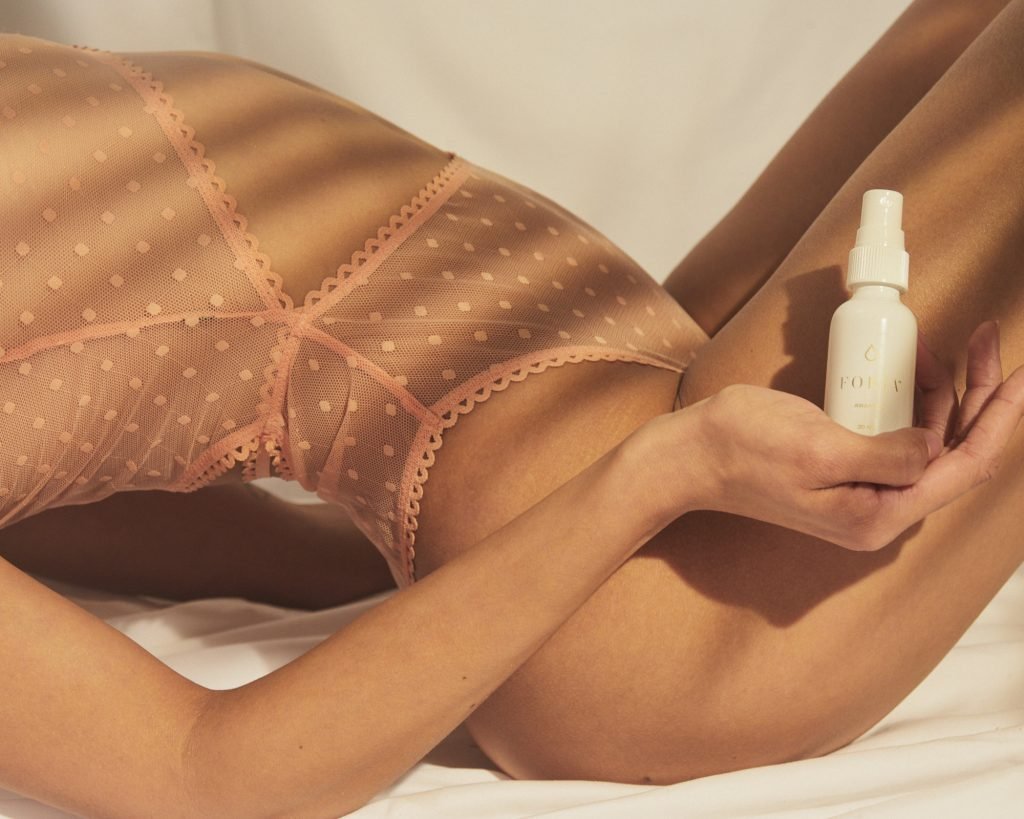
Awaken CBD Arousal Oil is $48. How do you land on pricing?
Gerson: When we first came out, there was no benchmarks for what a product like this should cost. There are so many middlemen in the cannabis space. There is very little vertical integration. We have a small brand with a lot of moving parts. We have to work with co-packers and farmers. There are a lot of people along the way that take profit. We wanted to make the product affordable, but have enough left on the table so we can thrive. We haven’t had any pushback on the pricing. When people come to us directly, which they often do, and tell us about conditions they have and their need to use this product frequently, we offer them bulk discounts to give them access to the product to help them. Price isn’t the obstacle for people to get the benefits of the plant.
How do you think about expanding the assortment?
Reeves: One of the most unique aspects of our line is how we develop products based on customer feedback. In the CBD industry, it’s this craze where people are putting CBD literally in everything. What we are really trying to do is create product where there is need, and that’s not always apparent because sometimes need doesn’t drive the market. Sometimes hype drives the market. With Awaken, we launched a product to increase access to orgasm, and we got incredible feedback from different types of people that are using it.
Of course, we have people seeking to enhance intimacy with their partners, and they don’t have sexual health issues. Then, we get emails from people with vaginal dryness and from a thinning membrane of the vulva tissue. There are also people that have chronic pelvic pain conditions with sex and their periods. These are things the medical community hasn’t provided a lot of solutions for. When they do, they come with a lot of side effects. These issues are common. One out of 10 people with uteri have endometriosis. Anyone who menstruates is going to go through menopause if they age to that point of their life. These issues really resonate with people, and there isn’t enough focus on supporting them. We are interested in identifying key issues within the lifespan of the female person and finding solutions to support them.
You are working to validate claims through scientific rigor. Tell us about that.
Gerson: As a brand, we are putting time, energy and money into an observational study with 300 women. It’s the first of its kind looking at the use of cannabis for menstrual pain. Hopefully, it will inspire other scientists to study how and why it works. It will take a long time for them to do all the research that needs to be done, but we know collectively and the science backs us up that this is remarkably safe. So, let’s lessen Midol and introduce other plant-based options that work.
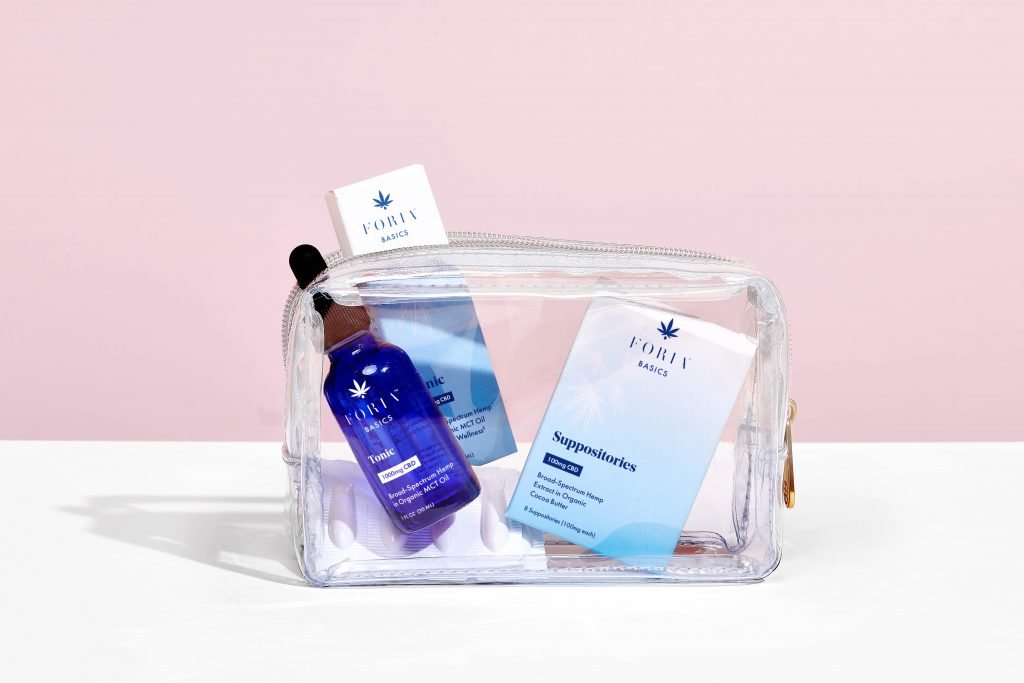
How much has Foria been growing?
Gerson: The growth year-over-year has been doubling since we started selling online, and we have been incrementally adding new products. We have sub-brands now for intimacy, our primary focus, but also relief from menstrual pain and other types of pain, and overall wellness. That’s been informed by the fact that we’ve built a brand based on trust. You are going to put our products on your genitals, so you need to trust us. We won’t put any petrochemicals and fragrances in our products. If an ingredient is organic, we will use it.
We can’t really run ads on social media or Google, the places where brands communicate. We are still capturing the attention of 300,000 to 400,000 people per month, and the way we do it is through our blog. We try to understand what people want to know about cannabinoids, and we provide them in-depth blog posts to educate them. The way that Google works is that, if people are searching for something on the topics we post about, they will find us. We have posts addressing the unmet needs of the menstruating and menopausal populations or people who just want better sex. If you’re only serving 300,000 to 400,000 people a month finding out about them, there is still tremendous opportunity.
What’s been your experience with investors?
Gerson: It’s all of your worst nightmares with some amazing gems inside of those nightmares. There are so many people that you might give every opportunity to tell you why, and they can’t find it. It’s just to make money. That’s unfortunate, but that’s the way we’ve created this world around venture capital. That can work for some people. We believe in doing good by doing well. This is the cannabis community. It’s not the cannabis industry. I take umbrage with people who say, “This is another commodity,” and want to treat it like that. Profit and meaning are not always aligned.
Once you become beholden to someone else’s demands, it can be extraordinarily distracting and corrosive. We’ve been primarily funded by angels. We did find more of an institutional partner, but they have been completely hands off. They didn’t ask us about our exit strategy, and they recognized our growth trajectory might not be similar to other companies in cannabis. We were going to move slow. We are not going to just push this out everywhere. There are brands extracting what they can in the short term. They have no real brand equity, but they don’t care because they’re just going to sell. If everyone is doing that, the health of the whole ecosystem gets hurt. Not that exiting is always a loss. Sometimes in the life of a brand, an exit is helpful to take the brand to a larger playing field.
Are you fundraising?
Gerson: We did our pre-seed and seed round six and a half years ago. We are about to go out for series B in the next year. We’ve been breakeven or slightly profitable for four quarters in a row. It doesn’t mean success, it just means sustainability. We need to grow a little bit faster to keep up with all the noise and what’s coming into the market. We have to maintain our leadership position and be disseminating quality information first. If someone finds out about these topics from someone else, that person might not get as good information as they would from us, and they may be disappointed by the product, and they may have spent $50 on that product, and they don’t want to spend another $50. We don’t want that to happen. That’s a driver for us to grow faster.
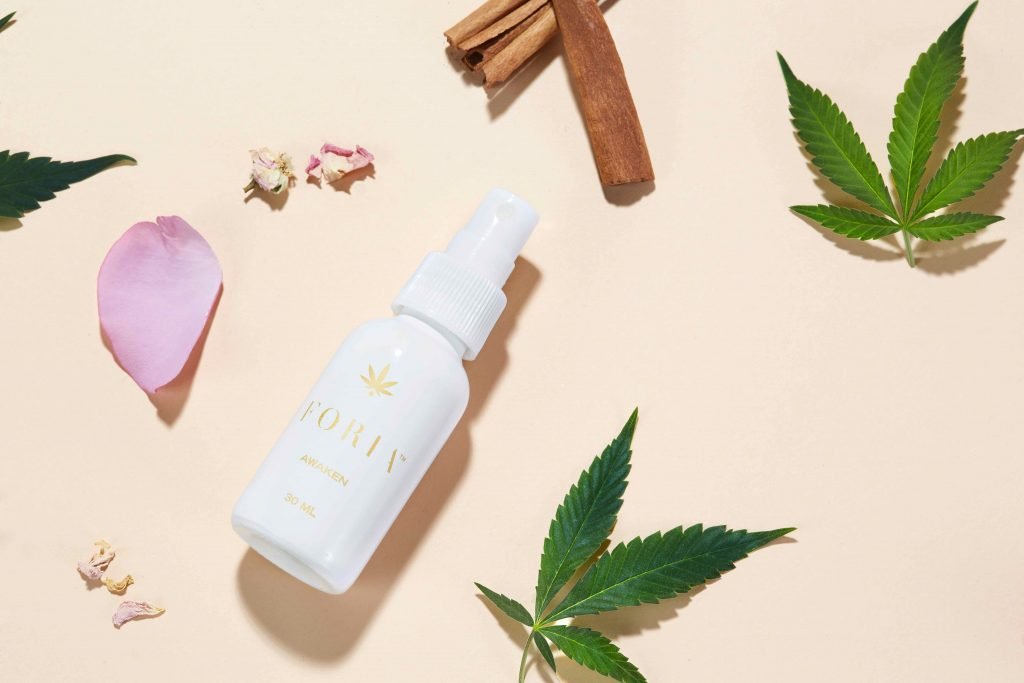
What opportunities have you turned away?
Gerson: Brands have offered to purchase us, and we have said no to them. They were brands not aligned with how we wanted to be aligned with our customers and this industry. Investors have come to us that didn’t share the same values and orientation to our work, but really liked what they saw on the numbers side, and we said no to them. I’m kind of a purist. My heart sinks when Altria comes into the cannabis industry. Investors like it, but I don’t think it’s good for the long-term outcome of this being a health-driven community of brands working toward a common goal. It’s hard to prevent Big Tobacco or Big Alcohol from coming into this space. They seem to take risks that others don’t, but I would love to see the Patagonia’s of the world coming into the cannabis space.
What’s a tweak or pivot that’s been important for Foria?
Gerson: The biggest one was when we were working with a local urologist here in Los Angeles who was getting feedback from her patients about the use of our Pleasure product, and they were reporting significant diminishment of pain. We thought about other categories of pain we could address. At the time, we were a pleasure company, and we put out the first suppository for menstrual pain. It was a big head scratcher for a lot of people, but it made sense for us. The question was: Was the culture read to have sex and wellness together on the same web page? The good news was the culture was ready. That was a pivotal moment for us to expand beyond intimacy.
Reeves: There’s a big push in wellness through supplements and diet. There is a whole adult industry, but none of it involves wellness. If you go to adult toy or porn conventions, what you see there has nothing to do with wellness, and that’s because sexuality has been sublimated to this one position. Sex is sex, and you keep it in the bedroom. Through cannabis, we really feel like we pivoted toward reintegrating our relationship with sexuality and how it meaningfully impacts our sense of wellbeing.
Moving from THC to CBD was pretty important, too, right?
Gerson: That was the seminal event of our business. It established our ability to thrive. Before that, we were struggling because people weren’t going into dispensaries looking for sexual enhancement products. Our products weren’t intended to get you high. When we were able to open up to a global audience, the whole world was watching.
Where do you see the cannabis consumer products sector headed?
Reeves: A lot that’s happening is more of the same, which isn’t particularly inspiring. Where I would like to see it go is more advocacy around sourcing and environmental policy. Hemp and cannabis have the potential to have profound environmental impacts based on how they are grown. Anyone getting on this space should be required to be responsible. They should think about how the plant is grown, and the extraction and manufacturing processes. Anytime you extract and concentrate it, you are concentrating the pesticides and whatever else has been put in the soil. Even if it’s derived from a natural source, you have to be careful about what you put in there. Then, there’s transparency around bioavailability, and what’s being put in products and what isn’t. Especially with the recent vape pen crisis, what’s actually in the product is coming to a head.
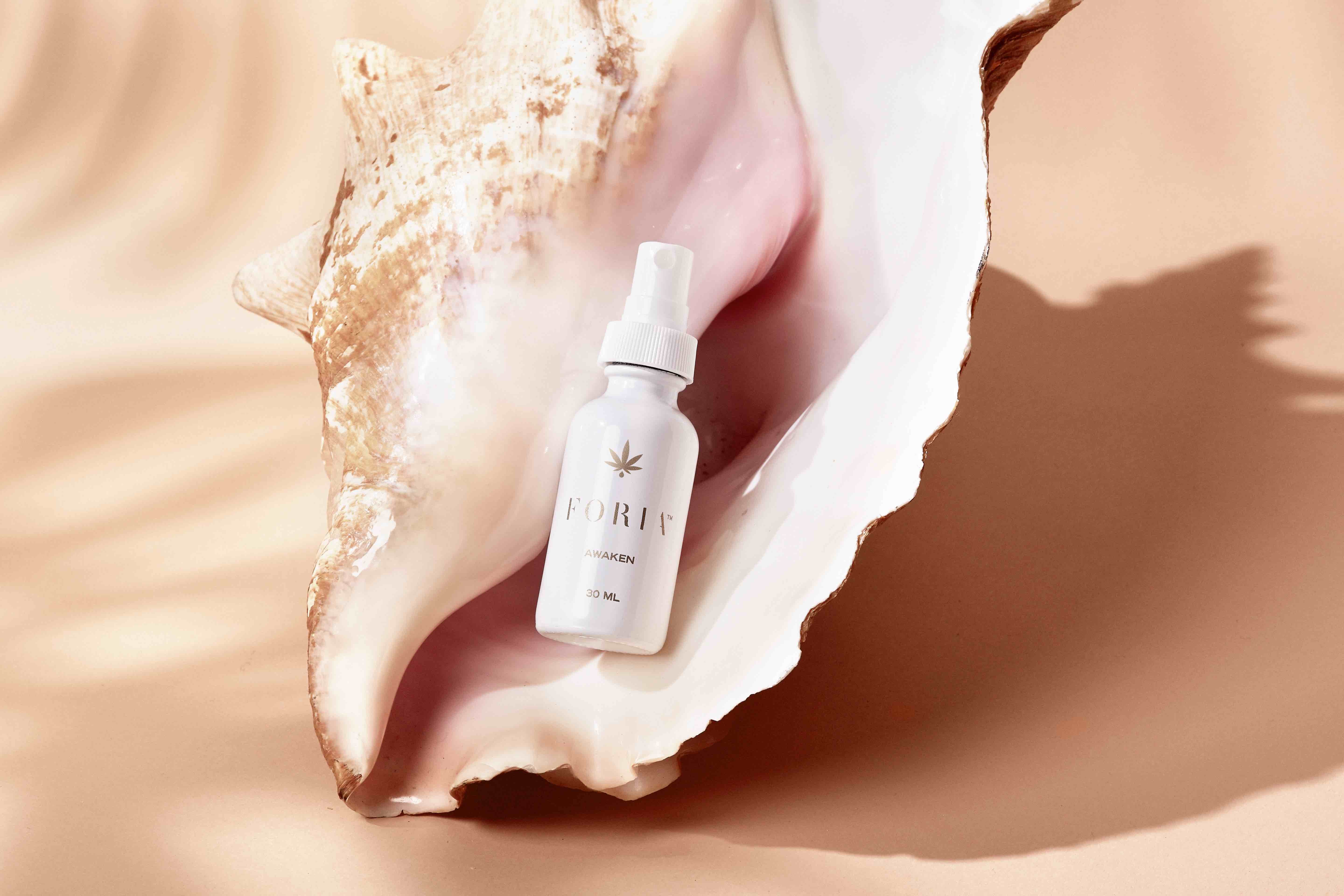
Where do you envision Foria five years from now?
Gerson: I would like to think that there will be more cannabis in the bedroom than any room in the house five years from now. At least, it starts in the bedroom and makes it into the bathroom or kitchen from there. I like that it would start in the bedroom because it’s a great way to get introduced to the plant in a private, exciting and potentially profound way. We want to keep doing more of the same. We don’t want to do a whole bunch of new things. We are extraordinarily proud of what we’ve done with a limited number of products in a short amount of time. We just want to expand the base of people that come into contact with what we are doing.





Leave a Reply
You must be logged in to post a comment.